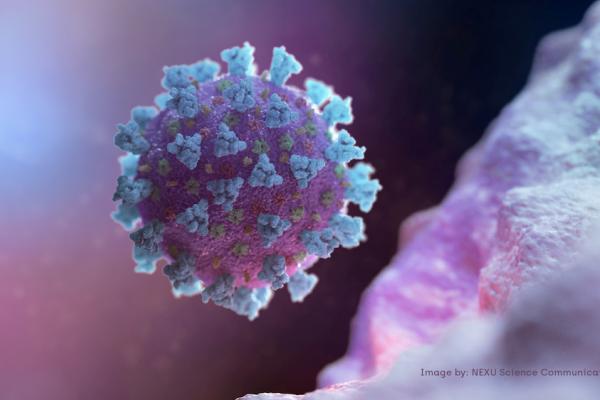Mar 5, 2020
Economic, social, and political inequality affects everything — including the new coronavirus: who gets it, how they are treated, the chances for recovery, job security, etc. Our Sojourners team looked at that question this week: How is our deep and shameful inequality in America at play as the threat of the new coronavirus rises? Here is what we found.
Read the Full Article

Already a subscriber? Login
